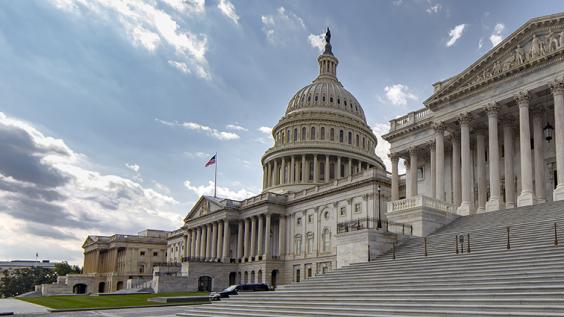Testimony: China’s Energy Import Dependency — Potential Impacts on Sourcing Practices, Infrastructure Decisions and Military Posture
March 22, 2022 | Gabriel Collins

Table of Contents
Author(s)
Access Collins’ full written testimony on the left-hand sidebar.
Executive Summary
- China is likely to remain heavily reliant on seaborne crude oil, and to a lesser extent, on liquefied natural gas supplies. Sustained high oil and gas prices could incrementally ameliorate the trend by incentivizing conservation, making domestic drilling more profitable, and further accelerating vehicle fleet electrification efforts. Oil and gas storage capacity in China is also likely to expand substantially in coming years.
- More gas will come overland from Russia, particularly in the wake of the invasion of Ukraine and the likely subsequent move by European consumers to reduce imports of Russia-origin gas.
- China will generally seek to maximize benefits while minimizing costs, which means a default path of continuing to rely substantially on U.S. control of the global maritime commons outside of East Asia. Certain energy exporter states, particularly in the Gulf Region, seek to play the U.S. off China to maximize their strategic leverage but it remains unclear whether China would try to supplant the U.S. as the chief security guarantor and assume the many burdens that come with that status.
- A key exception to this trend would come if the U.S. decisively stepped back from the region and left a security vacuum and access to a physical infrastructure presence network constructed over several decades. A lesser, but still impactful version of this scenario could arise if U.S. partners in the Gulf continue doubting long-term U.S. commitments to their security. This dynamic may already be playing out in its early stages.
- Emphasizing overland oil and gas transit routes for suppliers other than Russia and the Stans would impose steep economic penalties on Chinese consumers. Adopting a more militarized oil and gas import security policy would augment these economic costs and also impose military tradeoffs Beijing would very likely seek to avoid.
- Rather than spend what could be upwards of $50 billion per year to move seaborne oil onto pipelines and build a Middle Eastern base network, China is more likely to rely on market means (inventories and fuel pricing) and technological transformation—especially electric vehicles—to try and manage risks associated with oil import dependence.
- China is likely to continue its accelerated naval modernization program, including both quantitative and qualitative improvements to its naval and air assets, as well as special operations forces. Oil and gas import security do not appear to be a core driver of these efforts, but naval, air, and special operations capabilities are fungible across theatres on relatively short notice. A key warning indicator of strategic intent would be pursuit of facility accessing energy-rich regions, especially facilities with deep draft ports and airfields able to accommodate mass aerial entry of personnel and materiel and access agreements that permit placement of munitions and execution of kinetic combat operations.



